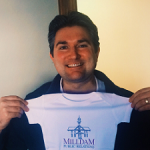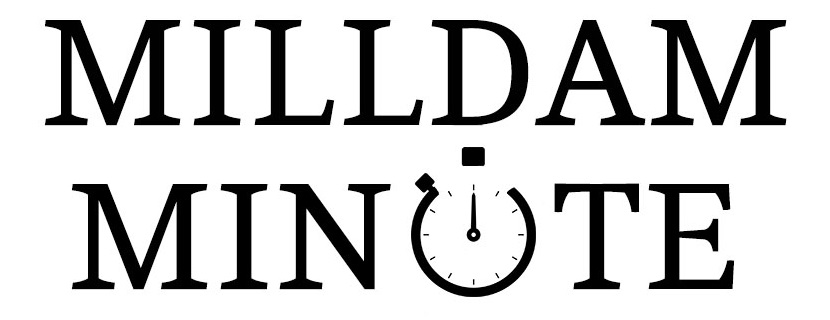Whether engaging a freelancer, account representative at a PR firm, or other in-house staff, a common task often requested by marketing departments is help researching, composing, and editing a piece of content (byline article, blog post, editorial, etc.). It’s really not much of a surprise; when push comes to shove, product engineers with in-depth knowledge of their industries are focused on finding the next innovation, “C level” and other executive staff need to prioritize important tasks like increased sales and business development, and heads of marketing departments have to focus on product marketing and more aggressive forms of lead generation. There just aren’t enough hours in the day for these busy professionals to create their own pieces of thought leadership, which is where you come in.
Writing original content to be attributed to someone else can often feel like a daunting task. However, as time goes on and you craft something that you’re starting to become proud of, a certain sense of self-satisfaction may begin to set in. Even worse, those sentiments can inadvertently find their way into your writing. This is where it’s critical to take a step back and self-evaluate.
As you reflect on the writing process, ask yourself these questions:
- Have I lost the author’s voice in the article? Remember, once completed, this piece isn’t being credited to you. Attribution will go to an individual with valued experience in an industry that they’re likely more familiar with than you, so watch for self-serving or overly promotional language. The writing should reflect a strong, firm voice. If that voice appears weak or lost, consider rewriting the key terms or definitions with which a knowledgeable industry is already familiar.
- Who’s the audience? As the hours researching a project begin to pay off and you feel more confident in the article’s subject, it’s important to resist the temptation to write in a manner that is too in-depth for the target audience. This point is especially important if the article is being written in-house by your own team. One of the key values writers provide is the ability to bridge the gap between the experts and the readers you want to reach. The article should strike a balance between presenting complex information and transforming it to appeal for a broader audience.
- Have I listened to and incorporated feedback? Whether a freelancer, member of a larger PR firm, or part of the marketing team, you’re not alone as you compose your piece. More than likely, you’re going to receive feedback from your peers and/or the attributed author as the article develops. Put your ego in check and take an objective view of the feedback that you’re receiving. Your fellow writers, with a fresh outlook, will ask questions and help clarify important points. Your boss, department head, and other staff at the client’s business have years of expertise and insight that may help illuminate your core concepts or lead the piece into interesting new directions. Disregarding this valuable input and moving blindly forward will only highlight your ignorance.
- Is the article compelling and engaging? This is an especially important question in lengthy pieces. The ability to evaluate whether you’ve delved too far into minutiae is critical to the success of any composition. Step back and evaluate whether you’re losing your core concepts in a sea of superfluous explanations and extraneous details. Take some time to reengage the audience: ask thought provoking questions, include conversational sentences, and provide relatable examples. In the end, readers might respond in kind and engage you in the article’s comment section, on social media, in a piece responding to the main ideas you explore, etc.
Matching the information gleaned from your research and delivered by your writing to the listed author’s tone and position as a thought leader is one of the primary goals for any ghostwriter. This process isn’t as simple as it sounds, however. Remember to take the time and reflect on these critical questions as you compose, edit, or approve a piece prior to publication. Ultimately, the ability to put your own self-worth aside and examine your writing from an outside perspective is one of the keys to success for every author, whether credited or not.
 Brendon Stellman authors the column “Pure BS” and is Vice President, Director of Client Relations for Milldam Public Relations.
Brendon Stellman authors the column “Pure BS” and is Vice President, Director of Client Relations for Milldam Public Relations.


